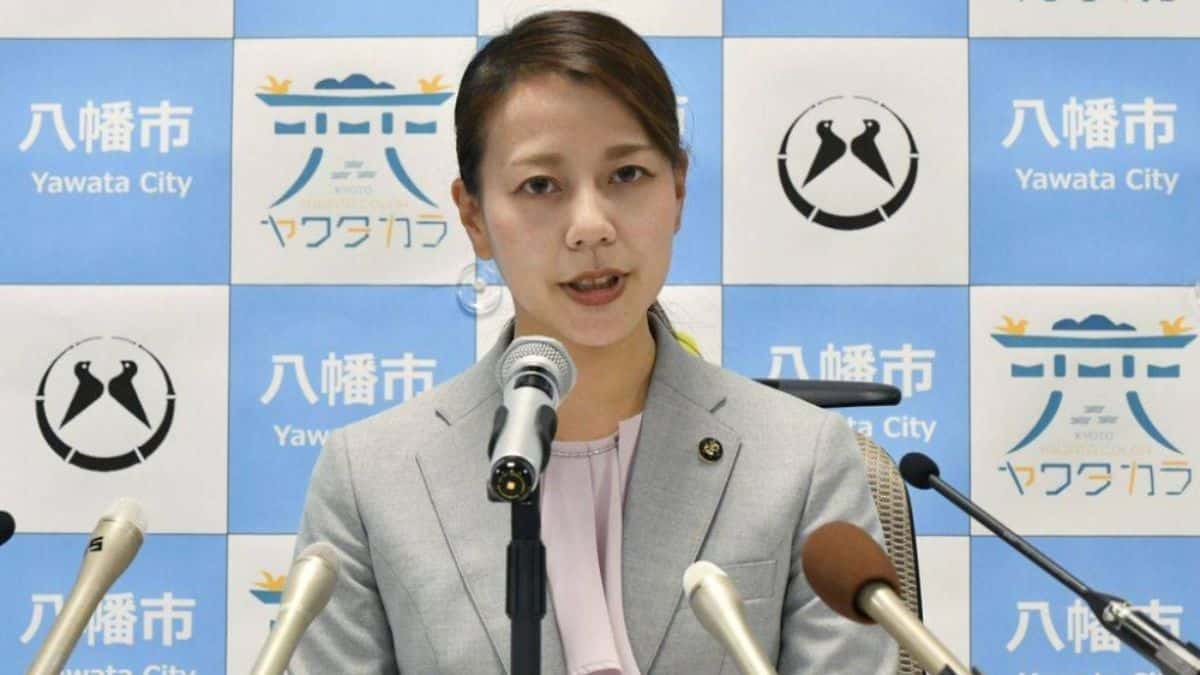Shoko Kawata, aged 33, made headlines last year when she became Japan’s youngest female city mayor in Yawata, southern Kyoto Prefecture. Her unexpected victory marked a significant shift in a sector where women are rarely seen at the forefront. Supported by three political parties, Kawata successfully appealed to the nearly 70,000 residents of the city, despite having no direct ties to it.
In her short time in office, Kawata has expressed a commitment to listening to and incorporating people’s feedback to foster a positive community. She believes that her youth and relatability contribute to a sense of familiarity in politics, countering the traditional image of authority figures.
Kawata’s election, backed by the ruling Liberal Democratic Party, junior coalition partner Komeito, and the opposition Constitutional Democratic Party of Japan, was also a strategic move against the rising influence of Nippon Ishin no Kai, an Osaka-based party appealing to young voters.
Kawata’s journey into politics was motivated by personal experiences, particularly her family’s struggles in accessing support for her younger brother, who has intellectual disabilities. Witnessing the challenges her family faced fueled her desire to create a more inclusive society through political action.
Despite the hurdles she faced as a young woman in politics, Kawata’s determination and advocacy for change have made her a symbol of hope for many women in Japan.
Before her election, female representation in municipal leadership positions remained disproportionately low, with only 49 female mayors out of 1,741 municipalities nationwide. Kawata’s story serves as encouragement for other young women aspiring to enter politics, highlighting the importance of diverse perspectives in governance.
Through her campaign pledges and efforts to connect with young mothers and children, Kawata aims to address pressing social issues such as child-rearing support and education. Despite the progress made, she acknowledges the ongoing challenges and encourages more women to pursue political careers, emphasizing the importance of their perspectives and contributions.
As Japan’s youngest-ever female city mayor, Shoko Kawata’s journey exemplifies the power of determination and the significance of representation in shaping inclusive and responsive governance. Her historic election marks a step towards greater diversity and inclusivity in Japanese politics, inspiring future generations to engage in civic leadership and drive positive change.

